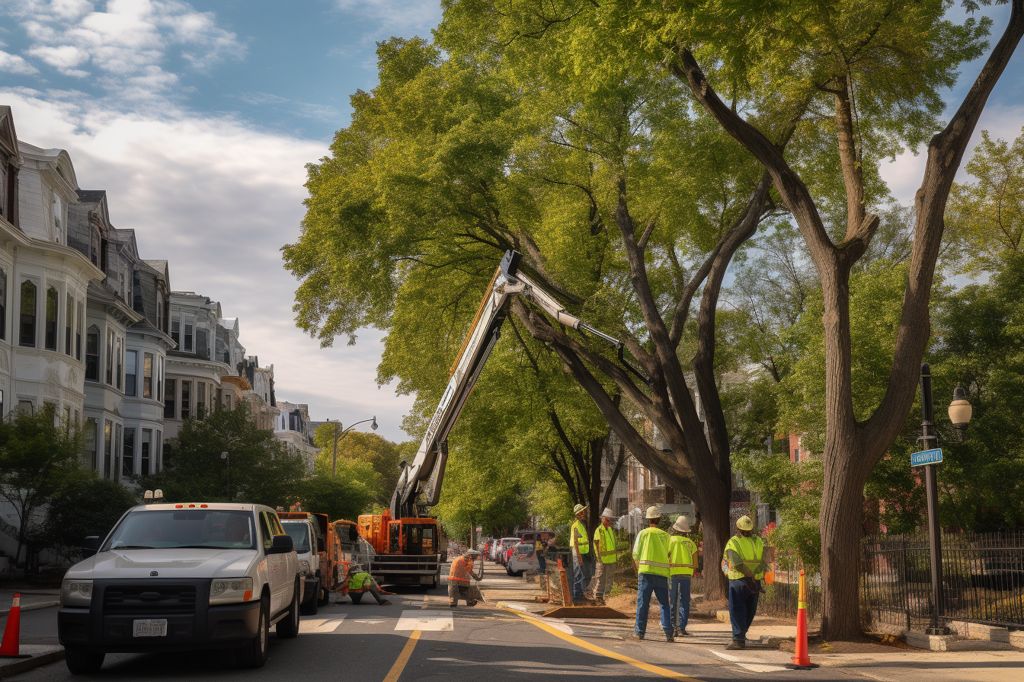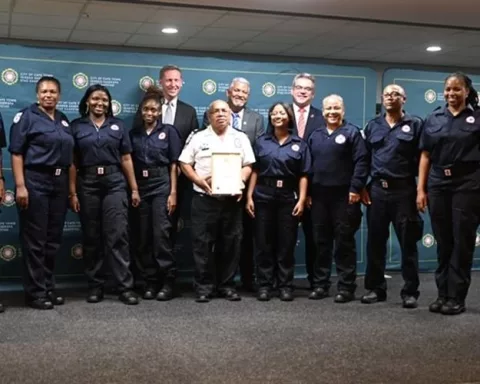Winter can bring unpredictable and sometimes fierce weather conditions, particularly in Cape Town. The City of Cape Town understands the importance of taking proactive measures to reduce the risks associated with the winter months. To this end, the City has established the Winter Task Team, consisting of over 25 City departments and external partners, to oversee risk mitigation measures before and during winter, with the Disaster Risk Management Centre (DRMC) coordinating the team’s work.
Proactive Measures
The task team’s work begins in February each year, with bi-weekly meetings to track the implementation of risk mitigation measures. The City implements various measures to reduce risks, including identifying at-risk informal settlements that are flood-prone, moving residents to higher ground where possible, or implementing flood-mitigation measures. This year, 46 settlements have been identified in different areas, including Philippi, Gugulethu, and Delft.
Other measures include cleaning and maintaining critical stormwater infrastructure in high flood-risk areas, removing invasive aquatic and terrestrial plants along key river corridors, proactive pruning/maintenance of trees to minimize the risk of falling branches and debris, ongoing education and awareness programs around floods and fires, providing humanitarian aid to residents in distress and discomfort as a result of flooding and storm damage, and more.
Augmented Measures
The City’s risk reduction measures are augmented each year based on the previous season’s experience and long-term weather outlook provided by the South African Weather Service. Through the Winter Task Team’s efforts, the City ensures that departmental plans are in place to mitigate any heavy weather events and that they are ready and able to assist residents in the event of flooding or other weather-related impacts.
Shared Responsibility
While the City is responsible for taking preventative measures, keeping individuals and families safe is a shared responsibility. The DRMC advises residents to take proactive measures at home to mitigate risks, such as waterproofing roofs, clearing gutters, removing dead tree branches, digging trenches to direct water away from homes if needed, building dwellings higher than the average water level in their area, clearing out drainage systems, raising the floor level of a structure so that it is higher than the natural ground level, raising furniture on bricks to limit water damage, making sandbags that can be used during emergencies to channel flowing water away from homes, and reporting blocked drains, intakes, and illegal dumping.
Fire Precautions
Residents should also take precautions to minimize the risk of fires during winter, including ensuring that cooking fires are extinguished properly, keeping a bucket of sand and a bucket of water handy, teaching children not to play with matches and lighters, storing matches and lighters out of their reach, putting out all candles and lamps before going to sleep or leaving home, and being aware of their load-shedding schedule. Appliances should be switched off, especially at night, so that when the power is restored, these electrical appliances are not switched on.
Emergency Contact
In the event of flooding, storm, or fire-related emergencies, residents should phone the City’s Public Emergency Call Centre on 021 480 7700 from a cell phone or 107 from a landline. By working together, the City and its residents can ensure a safe and healthy winter season for everyone.












